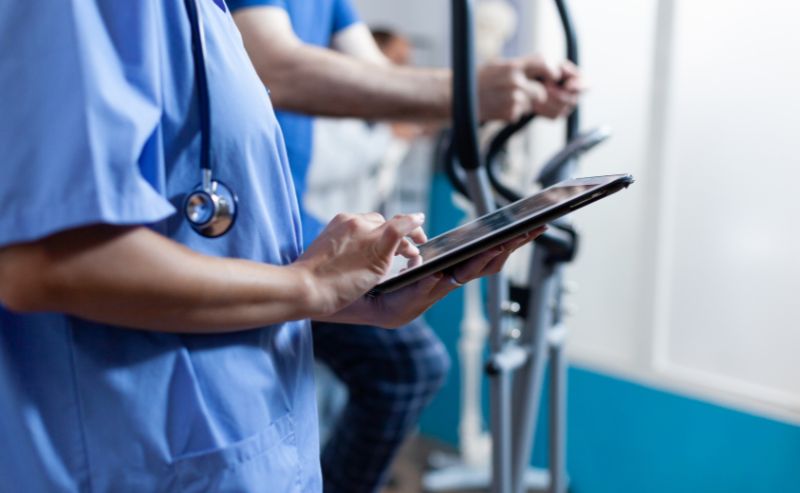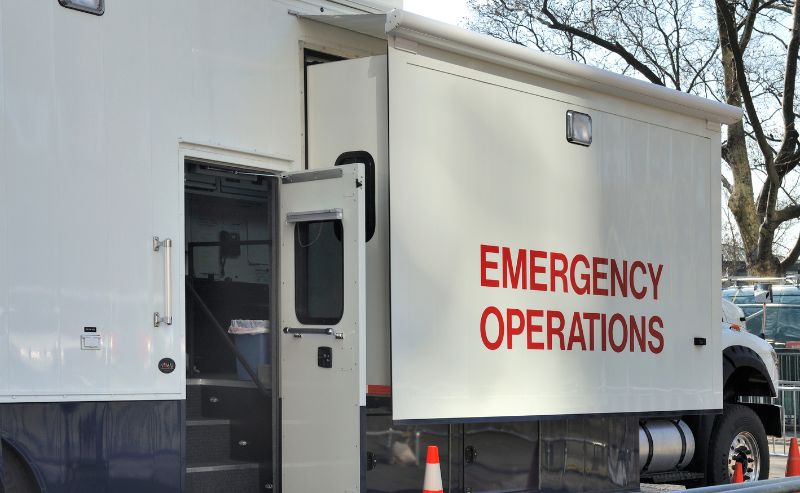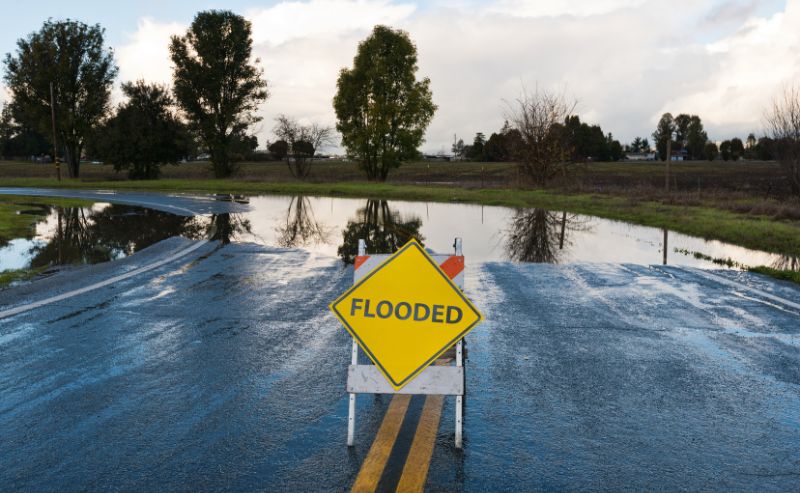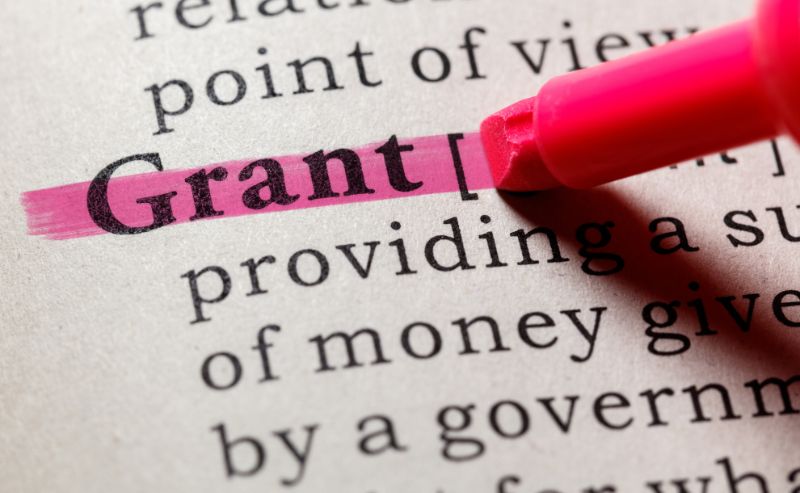It may sound like a broken record, but it certainly bears repeating. COVID-19 is here, and it doesn’t appear to be going away anytime soon. In fact, on July 13, 2020, the U.S. Centers for Disease Control and Prevention (CDC) reported 3,236,130 cases and sadly, 134,572 deaths in the U.S. alone.
Now, more than ever, we must all do our part to help slow the spread of the virus. That means following the best practices identified by the CDC and emphasized by the Occupational Health and Safety Administration (OSHA) in the workplace. As a reminder:
- Frequently wash your hands with soap and water for at least 20 seconds. When soap and running water are unavailable, use an alcohol-based hand rub with at least 60% alcohol. Always wash hands that are visibly soiled.
- Avoid touching your eyes, nose, or mouth with unwashed hands.
- Practice good respiratory etiquette, including covering coughs and sneezes.
- Avoid close contact with people who are sick.
- Stay home if sick.
- Recognize personal risk factors. According to the CDC, certain people, including older adults and those with underlying medical conditions such as heart or lung disease or diabetes, are at higher risk for developing more serious complications from COVID-19.
And, of course, practice social distancing (when possible) by putting 6 feet of distance—that’s about 2 arms’ length—between you and others when outside your home.
Wearing a mask in public, though currently a topic of debate, may also prove useful as you try to protect yourself and others from the virus. Some cities, where the number of cases are steadily on the rise, are actually requiring them. Be sure you know exactly what’s expected of you while shopping for essentials, running errands, or actually working in the office or other place of business.
Just as important, if you’re feeling ill or believe/know you’ve been exposed to someone with COVID-19, get tested. Also, self-quarantine for 14 days or until you receive a negative test result. This involves staying at home, separating yourself from others, monitoring your health, and following directions from the state or local health department.
If your condition worsens, let your healthcare provider know. Call ahead if you plan to visit the doctor’s office, walk-in clinic, or emergency room so that they can safely prepare for your arrival. This will ensure you’re treated quickly (and appropriately), and that others are not potentially exposed to the virus.
COVID-19 is serious. At BOLDplanning, we encourage you to do your part to remain healthy and to protect those around you. Stay safe, stay well, and stay informed. We will get through this together.






